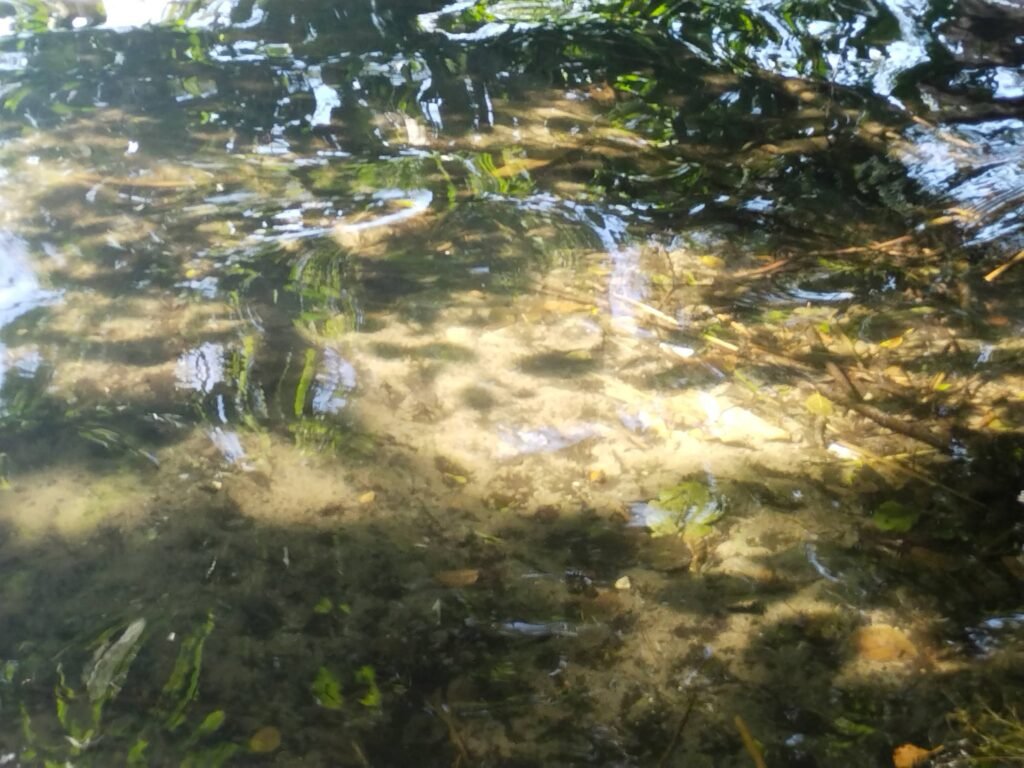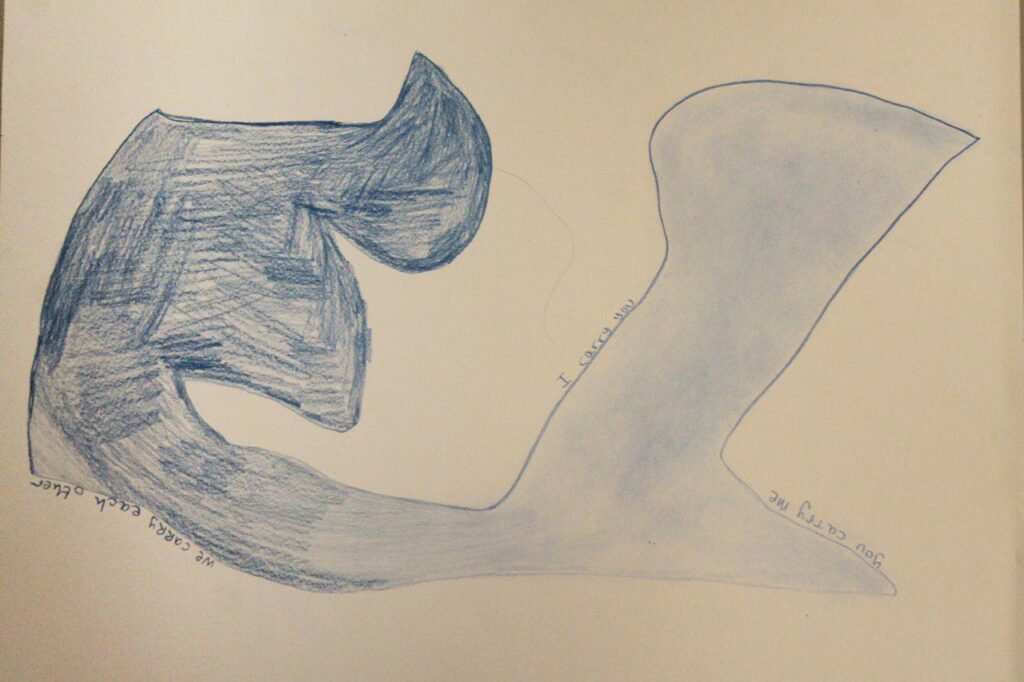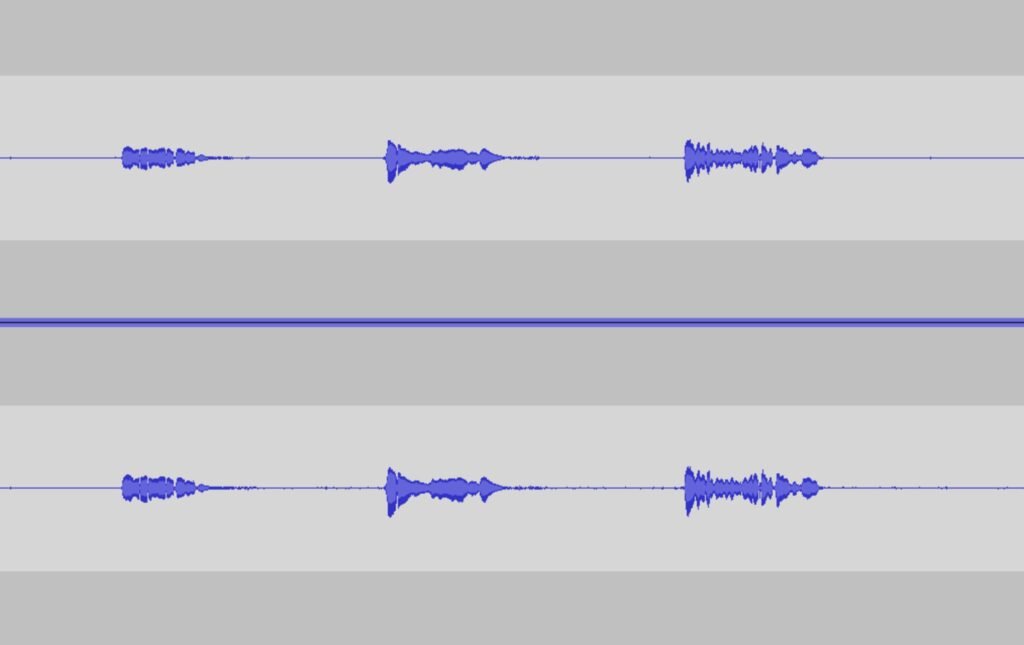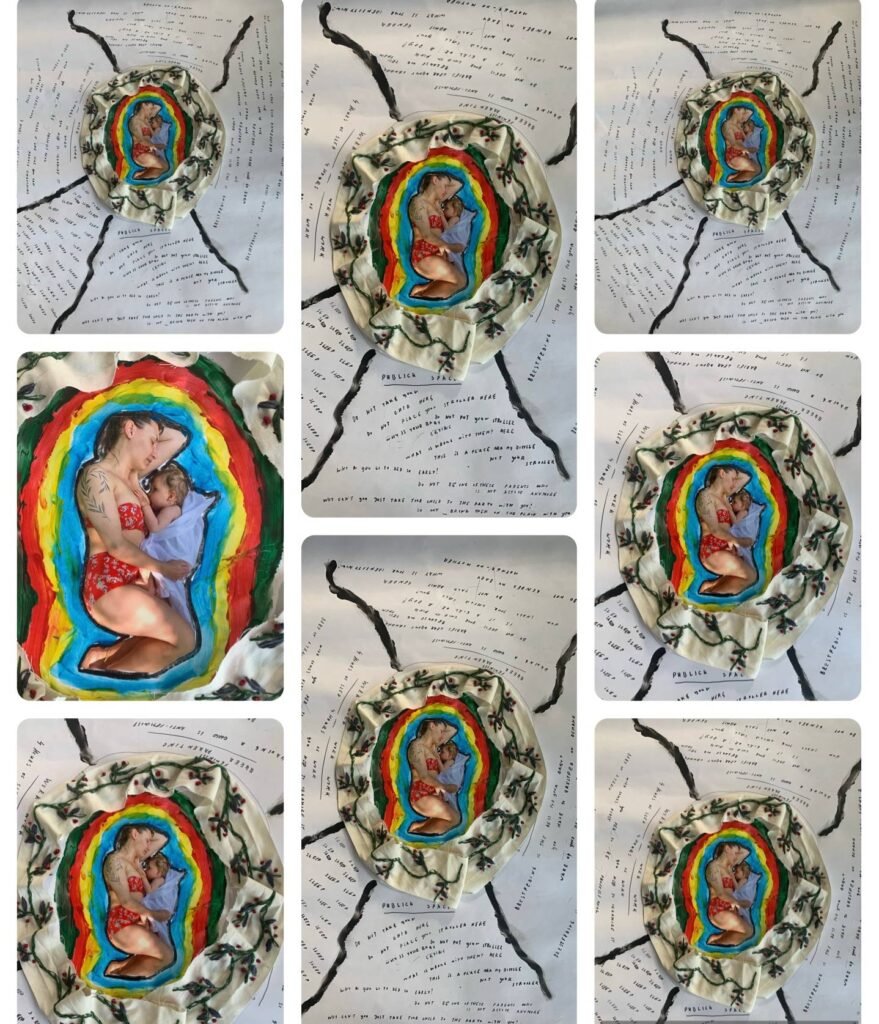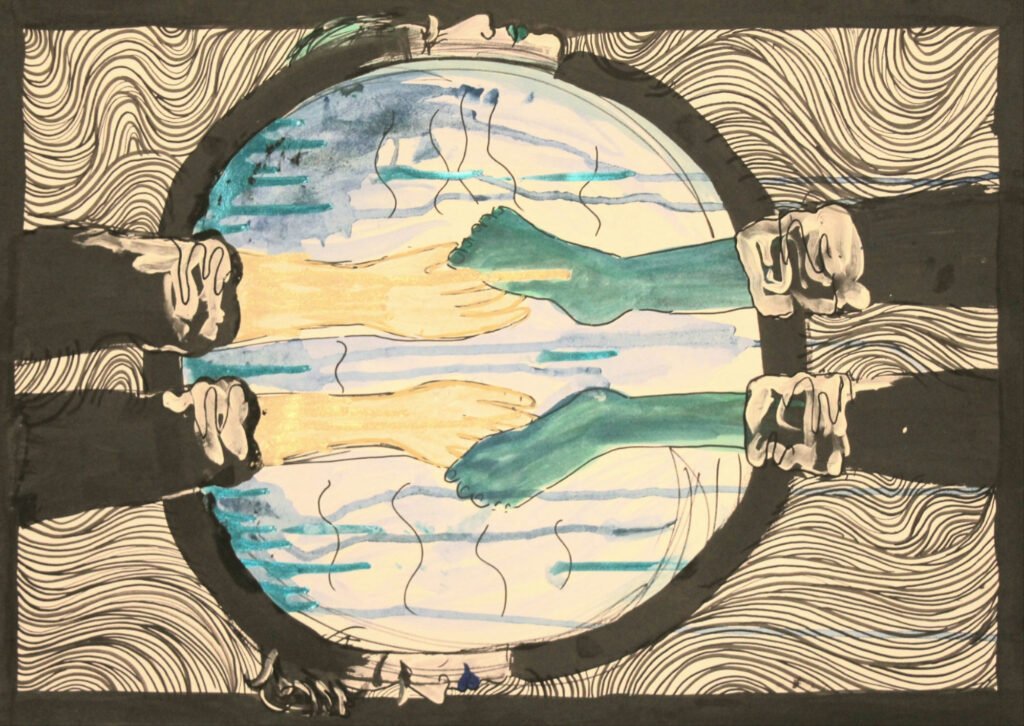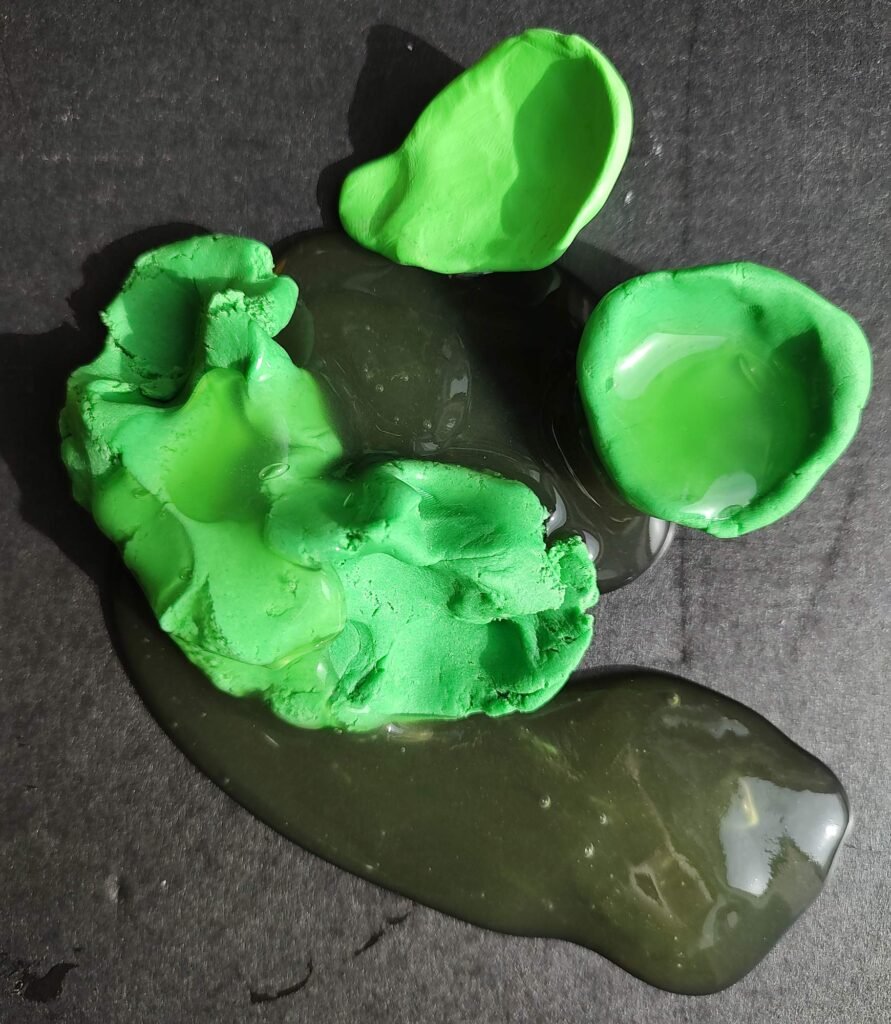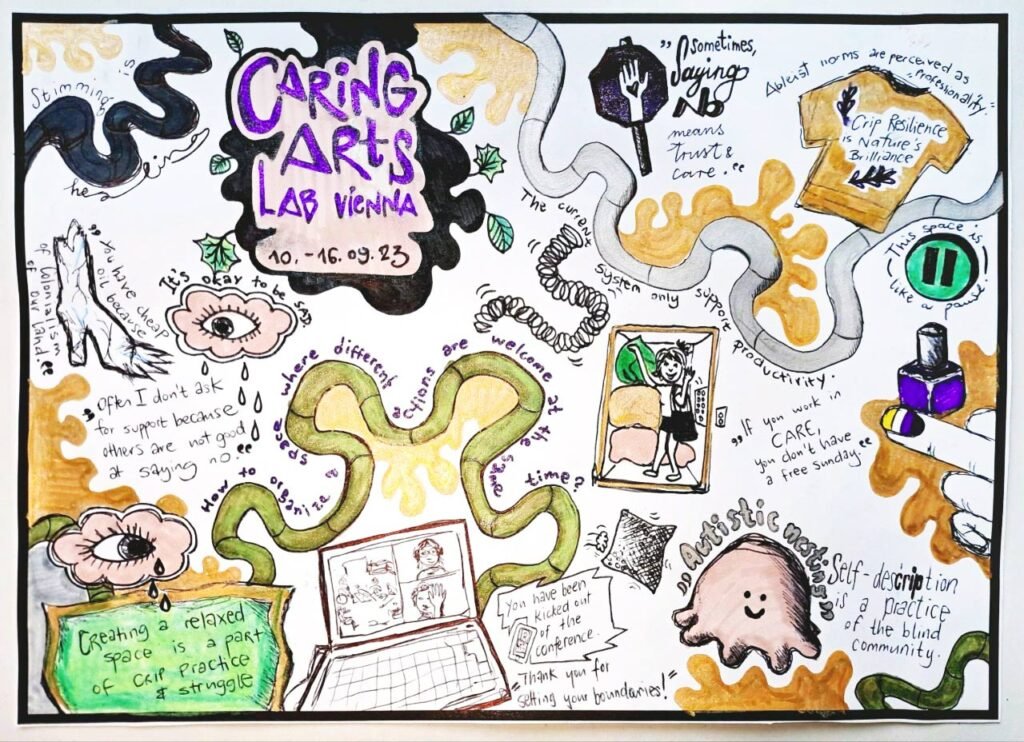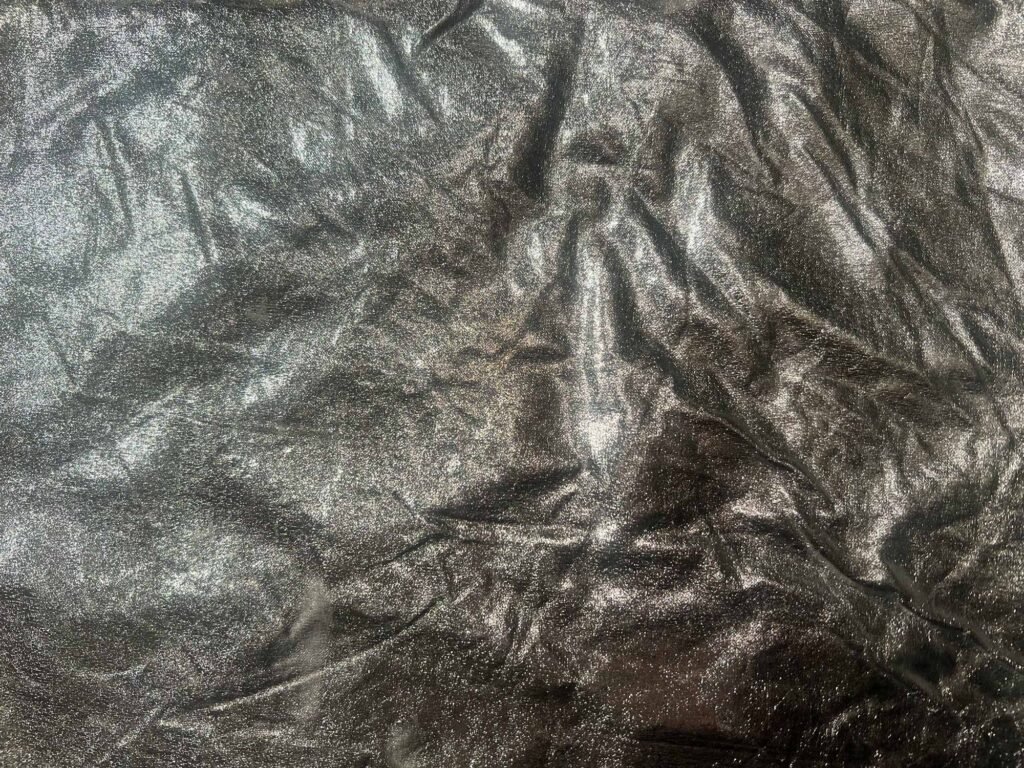A collective curatorial message
The voices “What are Caring Arts?” are “our” voices on how we experience(d) Caring Arts. We wrote down what it means to us. We are delighted to share some of our collective and individual work here on this website.
Who are we?
We are a group of people who found each other by joining a project that started in 2022 called “Caring Arts”. Some of us joined all the time, some joined later, some took a break. We are: care-receivers, care-givers, care-takers, and we are in mutual care relationships. We are trans* and non-binaries, women, men, disabled, neurodivergent, queers, artists, curators, activists, educators, and so much more.
This is our collective curatorial message for you.
Curating, as a term feels abstract and comes from the art world. Curating comes from the Latin word curare and means caring. Caring Arts for us means to create accessible braver spaces for art creation. Curation gives value to this work of care. Care work is invisible labor and still under-paid in society. Therefore, curating / caring becomes important.
So our collective curatorial message is also a collective care work message. We will center here the care work and therefore collective curatorial work done to make Caring Arts happen.
What does Collective Curation mean?
It does not only mean sharing the responsibilities and tasks. It also is about sharing the process of it. Everyone from the group contributed to this website in their own way. They did so according to their capacities and interests. Some people created the artworks on this page. Some people did the accessibility work like image and audio descriptions. Some people discussed the concept and website design. Some people wrote this text. Much more work was done that is not visible on this page. Together, we worked continuously over several months on this website. We mutually added to each other´s art, gave feedback, discussed, supported in its creation and helped in making each other´s work more accessible. It was a fluid process and many different people took part over time. Some joined in and then left again, depending on their energy or capacities or spoons. Real participation is only possible if people are also allowed to be absent.
Collective curation is for us a practice from the perspective of care and accessibility. Collective curation is collective accessing, organizing, cleaning, listening, translating, interpreting, writing, re-writing, mopping up, queering, describing, gentle reminding, disagreeing and cripping. Collective Curation sometimes feels like a long waiting, for some it feels too slow, for others too fast. Collective Curation is about receiving and giving care on many levels and has a political dimension. It´s about trusting that if you cannot do it at the moment, someone else might take over. If not now and not tomorrow, then whenever the time is right.
All of this means Collective Curation to us.
Appreciation and thank you
Collective curation is an anti-ableist practice. It´s important to name the origins and the struggles associated with it. Similar to the term “queer”, the word “care” is used a lot. But their origins are often neglected, forgotten and everything is totally watered down. Collective curation as anti-ableist practice means for us to name the contribution of disabled, neurodivergent and mad activists, who came before us and to name thereby where this care discourse actually comes from.
We also want to thank the diverse community of collective curators in the past and present that lay the foundations for us. We also want to thank each other. We have given up a fixed hierarchy in favor of the process. Our collective curatorial work is not finished, neither is this text. We dedicate this text to all the people who were there and those who could not be there:
Thank you Ari, Bolle, Dunia, Fanny, Fine, Godzilla, Janine, Josipa, Kira, Lena, Melli-Mellow, Michaela, Mira, Miri, Maria, Maryna, Nastia, Pia, RC, Rowdy, Stone, Tima, Vica, Ziliä and thank you dear beloved people, who prefer to be not named. Also thank you to all those who care(d) for us and others in the creation process. They are just as important. And thank you for your interest, for reading this. For caring. By this, you also became a part of this Collective Care work.
